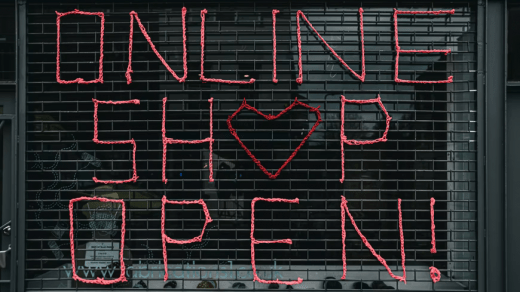As a business, you’ll regularly be dealing with sensitive customer information. At times, this will be information that they input directly, such as when they create an account with you, where they’ll log names, phone numbers, addresses, passwords, and other things in the assumption that this information is secure, and your business can be trusted. Other times, the information that you acquire will be through cookies and business data that relates to their browsing habits so that you can refine your own marketing toward them.
In any case, losing this data either through a mistake or a targeted attack, is something that could be very damaging to your brand image, potentially breaking the trust between you and the customer. Therefore, knowing how to protect this data is paramount.
When It’s Entered
So, what can you do to ensure that your customers are offered a safe and secure service? A lot of that might come down to your own security practices. When they’re inputting their data, they want to know that they’re doing so on a safe and encrypted platform, and when offering these assurances, it might also be worth having a disclaimer or section talking about how you handle this kind of sensitive information and highlighting your relevant security practices.
If API gateways are in use here, that can become difficult as you’re dealing with other services that you might not have direct control over, in which case, understanding the API security best practices can ensure that these services are ones that you’re equally confident in.
Cookies and Your Own Security
Data that you use to inform your own marketing material might then be more closely tied to your business analytics in general, meaning that to protect this, you’ll likely need to ensure that your security is as reliable as it can be. As it stands, cookies are a controversial subject, with many customers feeling unhappy about their data being used without their knowledge (even if there is an easy-to-miss cookie policy on your website explaining their usage). Therefore, the idea of losing this information or having it somehow compromised could once again spell disaster for your brand and trust with your consumers.
Again, this is tied to your basic security, so ensuring that your firewalls and security systems are strong enough to withstand this might be all you need, but it’s worth running your eyes over every precaution so you’re not putting anything at risk.
Customer Communications
Sometimes, accidents happen. Emails go out to the wrong person, wires are crossed, and information goes where it wasn’t necessarily supposed to. This can happen in your communications with customers too, whether this is by email or through social media, and this can be difficult to justify.
As natural as these mistakes can be, your business is the one at fault when they happen, meaning that you can’t even redirect the blame to an attack. In this case, barring any attempt to stop this from happening in the first place like unsending messages, you might have to move into managing the PR storm and working toward a point of compensation for those affected.




Recent Comments